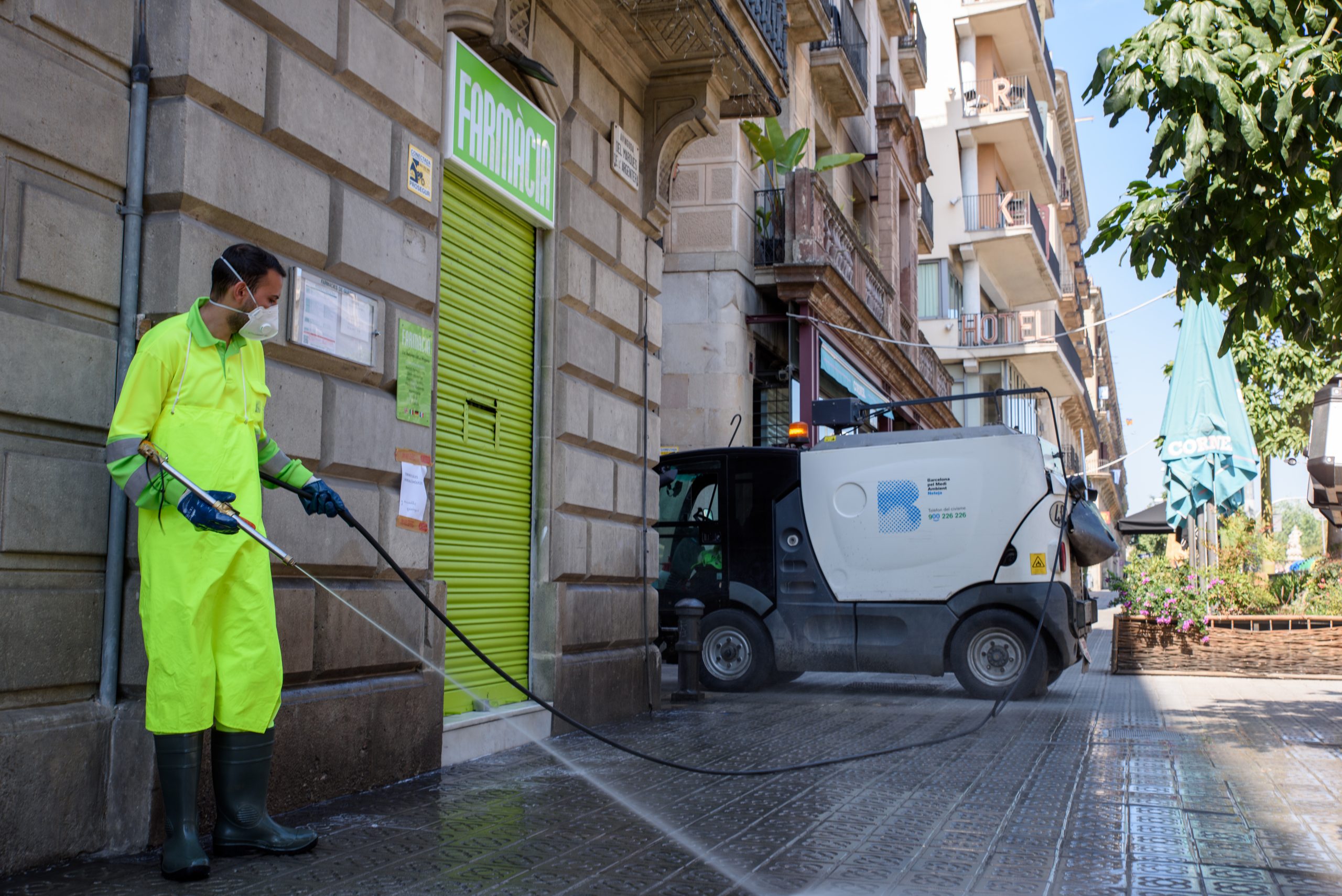AFTER more than a month of a nationwide COVID-19 lockdown in Spain, patience is wearing thin among parts of the population.
Families and businesses want to know when they can expect to see the strict restrictions, in place since March 15, lifted.
With some countries – including Spain – beginning to see the light at the end of the tunnel in terms of coronavirus caseloads and deaths, the World Health Organisation (WHO) has come up with a set of criteria to guide their de-escalation plans.
“We know that early case detection, testing, isolation, case-by-case care, and tracking of every contact are essential to stop transmission,” said WHO Director-General Tedros Adhanom Ghebreyesus at a press conference on Monday.
“That means that measures must be lifted slowly and in a controlled manner. They cannot all be lifted at once.”
Below are six measures which should be in place before lifting restrictions, according to the WHO.
Transmission controlled
COVID-19 will not be completely controlled until there is an effective vaccine, which could take up to 18 months. The WHO has therefore advised that any country who wants to lift lockdown restrictions should bring the infection rate to a halt and end transmissions, or at least bring them to very low minimum.
Detecting new cases
Countries should be constantly tracking the contagion rate per person while ensuring their health systems are able to detect, test, isolate and treat every case as well as track down all of a positive patient’s contacts. This requires mass testing on anyone with symptoms.
Reduce pressure on hospitals and care homes
The WHO has said that countries looking to de-escalate their lockdowns should not do so before their health centres, hospitals and care homes have had their risks reduced to a minimum. Spain has yet to achieve this, with more than 15% of current confirmed cases coming from health workers.
Preventative measures at work and schools
The country must have preventive measures in place in terms of health and safety in workplaces, schools and essential areas of everyday life, such as public transport.
Control of imported cases
Each country must prepare its health system to be able to detect new outbreaks of coronavirus infections and manage the the risk of it being imported from abroad. Such measures have been seen in China, which introduced travel bans from Europe to keep the disease from reentering the country.
A committed population
“Communities must be fully informed, engaged and empowered to adjust to the new norm.” To do this, insists the WHO director, ‘all countries should apply a comprehensive set of measures to slow down transmission and save lives, with the aim of achieving a stable state of low transmission or no transmission.’
Click here to read more Spain News from The Olive Press.








